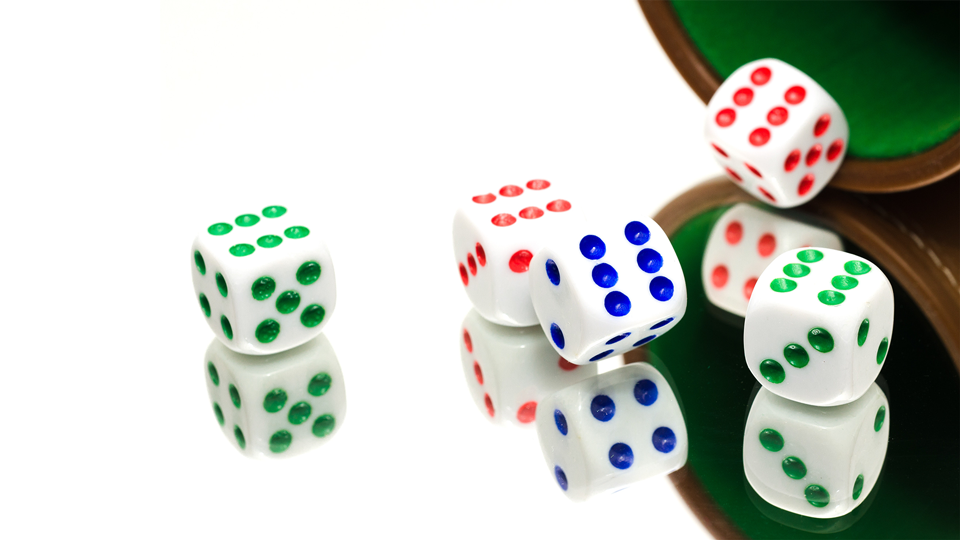
PROTECTING BOARD GAMES IS NOT A GAME
The current social distancing measures have pushed people to look for –or rediscover- new ways of entertainment in their own homes. One industry to come out on top of the current pandemic is the board game industry, which has increased its sales significantly in recent days.
The Intellectual Property of classic games like Monopoly, Backgammon, Scrabble, or the latest hits like Catan and Gloomhaven, can be protected in various ways, such as copyrights, trademarks and inventions. It is important to take this into consideration, either to protect your games or to avoid conflicts with third parties.
COPYRIGHTS
Copyright is basically the protection granted by law in favor of an author over their artistic works, to prevent anyone else from copying, selling or adapting their work without their consent (and without paying royalties).
There are many board games that can and should be considered works of art; the miniatures, the boards, the components, the stories they tell and even the boxes in which they are sold have an artistic value that must be protected. No one can copy and take advantage of designs, figures, writings, etc. for their own benefit without the consent of the author.
On the other hand, the rules - the player with the most points wins -, game mechanics - roll the dice to see the damage you do - and the main concept of the game - travel the world buying properties - of board games generally cannot be protected as Copyright.
Nothing can prevent games with the same basic rules or main concept to coexist as long as the brands and inventions of third parties are respected. We can take as an example the history of coexistence between the Monopoly and Turista Mundial board games in Mexico, where both have very similar rules and main concept.
TRADEMARKS
Trademarks are the names and logos that help identify board games –or any other product from their competitors. All elements that make up the packaging with which the board games are marketed can also be considered as non-traditional brands.
The names of the characters, tokens, locations and graphic designs can be considered and protected as trademarks.
In general, it is recommended to protect a brand to avoid piracy - copies of the same product, using the same brand - or unfair competition –copycat products branded very similarly to the original products.
Board game producers and publishers can use their trademark for other business opportunities and to generate revenue, such as licensing deals and merchandizing.
INVENTIONS
As a general rule, in Mexico, board games and their game mechanics can NOT be protected as patents. When the board game is played or used through a novel and unique device, the rules change, and we may find ourselves in an exception for this rule.
In other countries, notably in the United States, patents can be obtained on innovative game mechanics; Examples of this would be the patent on the Monopoly board game that once existed or the patent on the game mechanics and card exchange of Magic: The Gathering.
The layout of the boards, the design of the miniatures and cards, among others, can be protected as an industrial design in order to protect their physical and aesthetic aspects, without protecting the way in which they are used.
In conclusion, board games require an enormous technical, economic and creative effort to be created, which must be covered by an equal effort to protect it.
Our team of lawyers specialized in Intellectual Property law is at your service for any advice on this and other topics of interest.
For more information, please contact us.
Contact:
Darío Cosío, Jr Associate
dario.cosio@vila.com.mx
Elías Rios, Partner
rios.elias@vila.com.mx
Article by:
Darío Cosío, Jr Associate
Edition:
César Peña Rodríguez
CMO and Costumer Value
comunicacion@vila.com.mx
